Introduction
World Tourism Day, celebrated annually on September 27th, is a day dedicated to raising awareness about the importance of tourism and its socio-economic impact on countries and communities worldwide. With an ever-increasing number of travelers exploring different corners of the world, it’s crucial to highlight the significance of responsible travel and sustainable tourism practices. In this blog post, we will delve into the history and purpose of World Tourism Day, the global tourism industry, the benefits and challenges it brings, and the importance of responsible and sustainable tourism in preserving cultures and protecting the environment.
History and Purpose of World Tourism Day
World Tourism Day was established by the United Nations’ World Tourism Organization (UNWTO) in 1980 to commemorate the anniversary of the adoption of the UNWTO Statutes. The day aims to raise awareness about the role of tourism in economic growth, social development, and cultural exchange. Each year, World Tourism Day is celebrated with a specific theme, serving as a platform for promoting tourism initiatives globally.
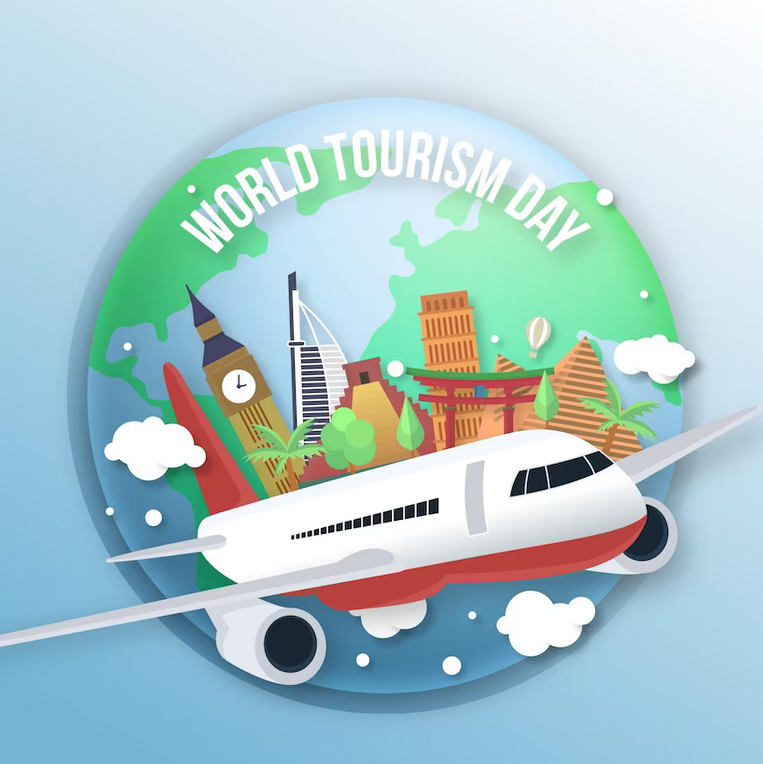
Global Tourism Industry
The global tourism industry has experienced exponential growth in recent years, contributing significantly to the economic development of countries. Not only does tourism generate revenue and create job opportunities, but it also supports various industries such as hospitality, transportation, and local businesses. Additionally, tourism fosters cultural understanding and exchange, leading to increased tolerance and acceptance among diverse populations. However, with the positive impacts come challenges such as environmental degradation, cultural preservation concerns, and overtourism in popular destinations.
Benefits of Tourism
Tourism boasts several benefits. Economically, it stimulates local economies through job creation and foreign exchange earnings. Socially and culturally, it plays a vital role in preserving traditions, customs, and heritage by encouraging cultural exchange between visitors and locals. Furthermore, tourism has the potential to promote environmental conservation by supporting sustainable practices and responsible tourism initiatives.
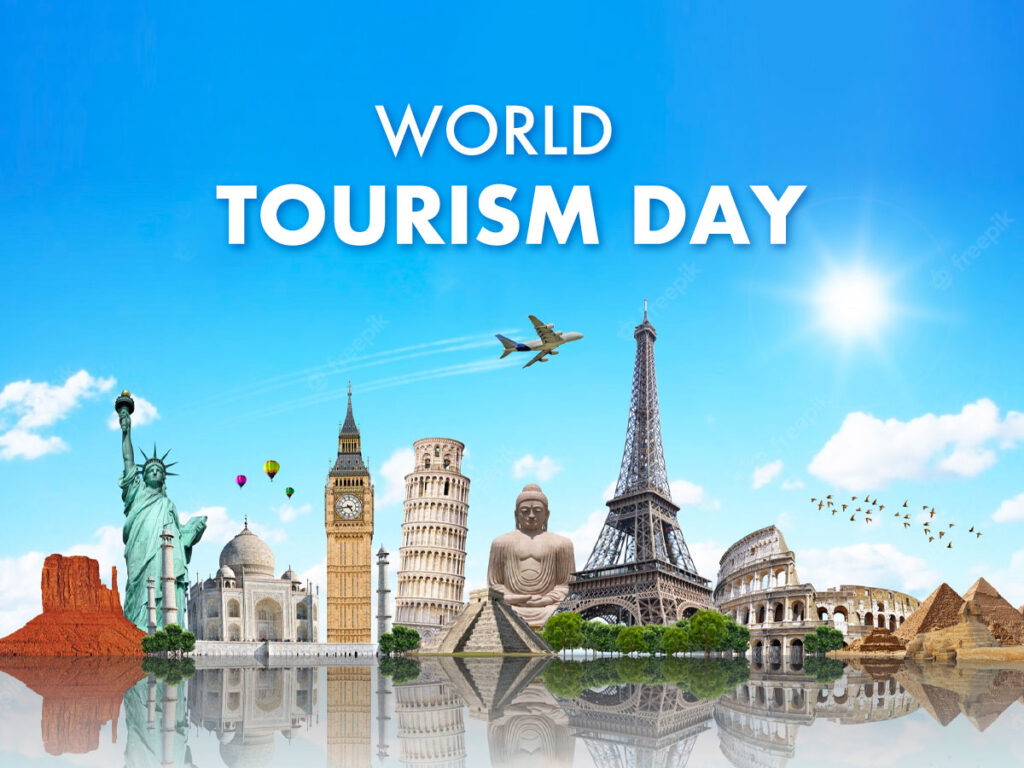
Challenges in the Tourism Industry
While tourism brings immense benefits, it also presents challenges. Mass tourism, characterized by the influx of tourists to specific destinations, can lead to overcrowding, environmental degradation, and strained resources. The rise of overtourism has been a growing concern, emphasizing the need for sustainable and responsible tourism practices. Additionally, balancing the desires of tourists and the needs of local communities can be a delicate task, as cultural preservation and community well-being may be compromised.
Responsible and Sustainable Tourism
Responsible and sustainable tourism practices are essential for minimizing the negative impacts of tourism while maximizing the benefits. By adopting sustainable practices, such as reducing waste and promoting eco-friendly transportation, destinations can ensure the longevity of their resources. Supporting local communities through fair trade and community-based tourism initiatives can help retain cultural integrity and empower local entrepreneurs. Destination management organizations play a vital role in implementing sustainable tourism strategies and educating visitors on responsible travel behaviors.
You can read our another post on Raja Utsav in Odisha Festival
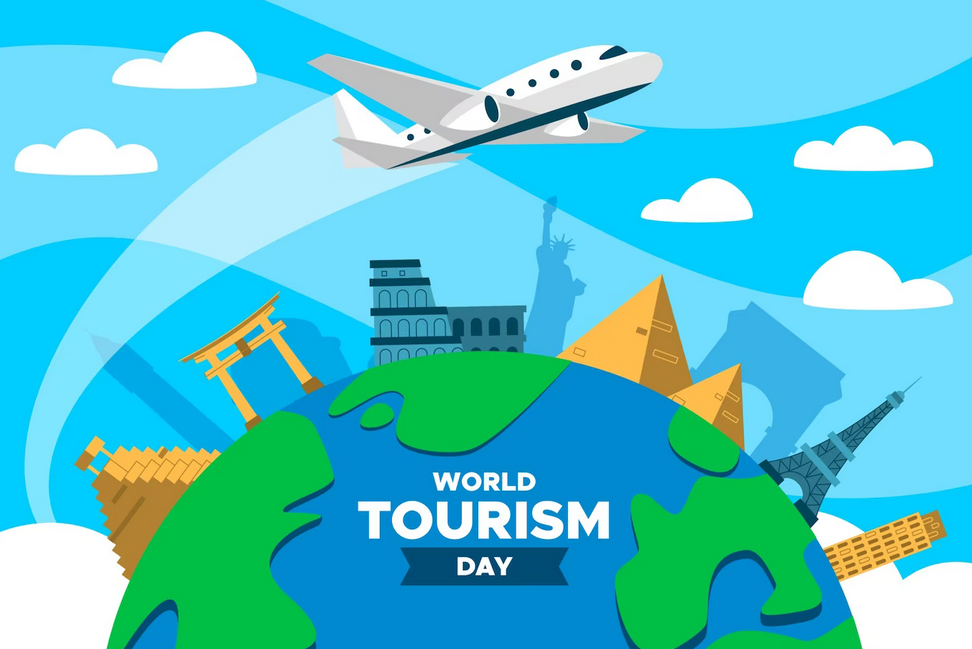
Importance of Cultural Exchange through Tourism
One of the fundamental aspects of tourism is cultural exchange, which promotes understanding, appreciation, and respect for different cultures. Encountering new traditions, cuisines, and lifestyles broadens travelers’ horizons and enhances their empathy. Simultaneously, local communities can benefit economically and socially from preserving and showcasing their cultural heritage to tourists. Striking a balance between authentic cultural experiences and avoiding cultural appropriation is crucial in fostering meaningful connections between visitors and hosts.
World Tourism Day Celebrations
World Tourism Day is celebrated worldwide with numerous events and activities. These celebrations highlight local culture, traditions, and sustainable tourism initiatives. From community festivals to awareness campaigns, these events promote responsible travel while educating tourists about the impact of their choices. Successful celebrations inspire others to adopt sustainable practices and contribute positively to the tourism industry.
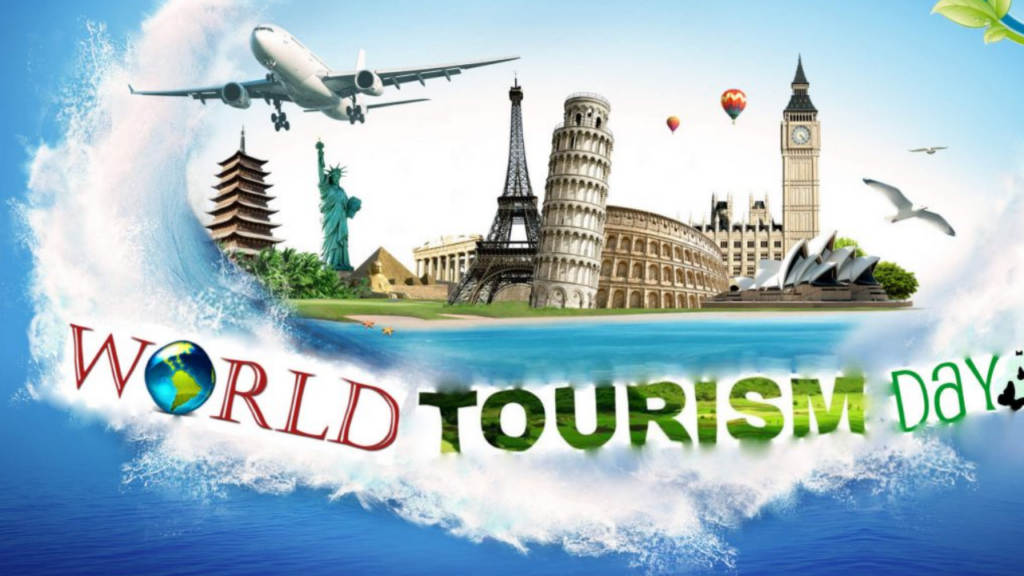
The Impact of COVID-19 on World Tourism
The COVID-19 global pandemic has had a profound impact on the tourism industry, with travel restrictions and lockdowns halting international and domestic travel. The crisis has highlighted the vulnerability of the industry and the need for resilience and innovation. As the world begins to recover, it presents an opportunity to rebuild the tourism sector in a more sustainable and resilient manner. Embracing digital technologies, promoting domestic and sustainable tourism, and implementing health and safety protocols can aid in the industry’s recovery.
Future of Tourism
Looking ahead, the future of tourism will be influenced by emerging trends and technologies. Sustainable tourism, immersive experiences, and personalized itineraries are likely to shape traveler preferences. Destinations must adapt to changing behaviors and preferences, embrace technology to enhance the visitor experience, and continue prioritizing sustainability. Collaboration between governments and the private sector will be key in navigating these future challenges and opportunities.
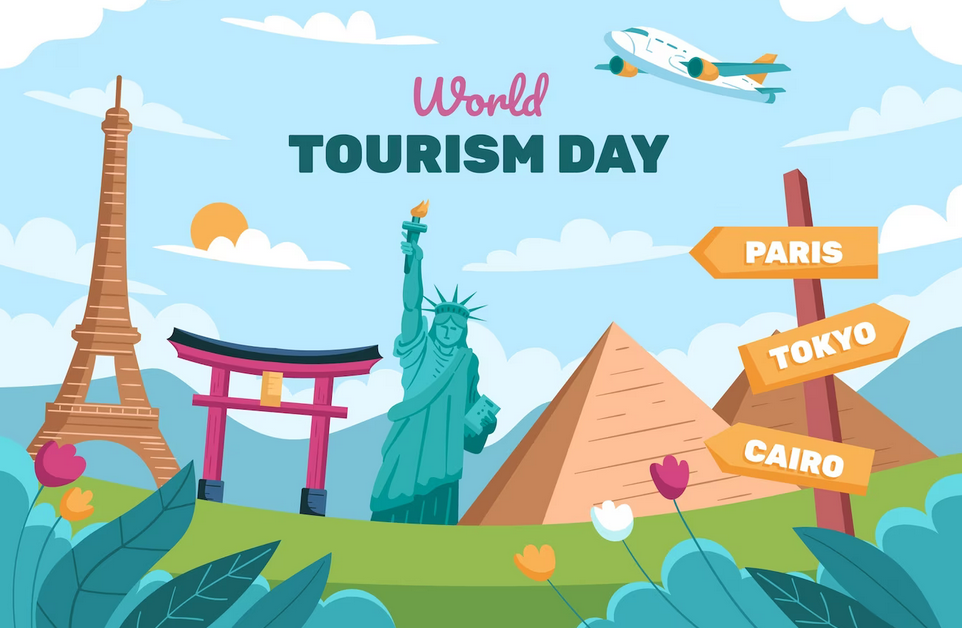
Write A FAQ For World Tourism Day
When is World Tourism Day celebrated?
World Tourism Day is celebrated annually on September 27th.
Who established World Tourism Day?
World Tourism Day was established by the United Nations World Tourism Organization (UNWTO) in 1980.
What is the purpose of World Tourism Day?
The primary purpose of World Tourism Day is to raise awareness about the importance of tourism and its social, cultural, political, and economic value globally.
What is the theme for World Tourism Day 2021?
The theme for World Tourism Day 2021 is “Tourism for Inclusive Growth.” It emphasizes the role of tourism in fostering equitable growth, social inclusion, and sustainable development.
How is World Tourism Day celebrated?
World Tourism Day is celebrated worldwide through various events and activities organized by governments, tourism organizations, travel agencies, and local communities. These may include cultural exhibitions, conferences, tourism fairs, and promotional campaigns.
What are the benefits of tourism?
Tourism brings numerous benefits, including economic growth, job creation, poverty alleviation, cultural exchange, environmental preservation, and mutual understanding among nations.
How can individuals celebrate World Tourism Day?
Individuals can celebrate World Tourism Day by exploring their own local tourist attractions, supporting sustainable tourism practices, sharing positive travel experiences on social media, or volunteering for community-based tourism initiatives.
How can tourism contribute to sustainable development?
Tourism can contribute to sustainable development by promoting responsible travel, minimizing environmental impacts, supporting local communities, preserving cultural heritage, and ensuring fair distribution of tourism benefits.
Are there any specific challenges facing the tourism industry?
Yes, the tourism industry faces several challenges, such as overtourism in popular destinations, climate change impacts, inadequate infrastructure, safety and security concerns, and the need for ensuring ethical practices in the industry.
How can I learn more about World Tourism Day and get involved?
To learn more about World Tourism Day and get involved, you can visit the official website of the UNWTO, follow their social media channels, participate in local events organized by tourism authorities in your region, or join relevant travel and tourism organizations.
Conclusion
As we celebrate World Tourism Day, it’s essential to recognize the significance of responsible and sustainable tourism practices. By supporting local communities, preserving cultural heritage, and protecting the environment, we can ensure that tourism continues to bring positive economic, social, and cultural impacts. By making conscious choices as travelers and supporting sustainable tourism initiatives, we contribute to a more balanced and harmonious world where tourism serves as a catalyst for local development and mutual understanding.

